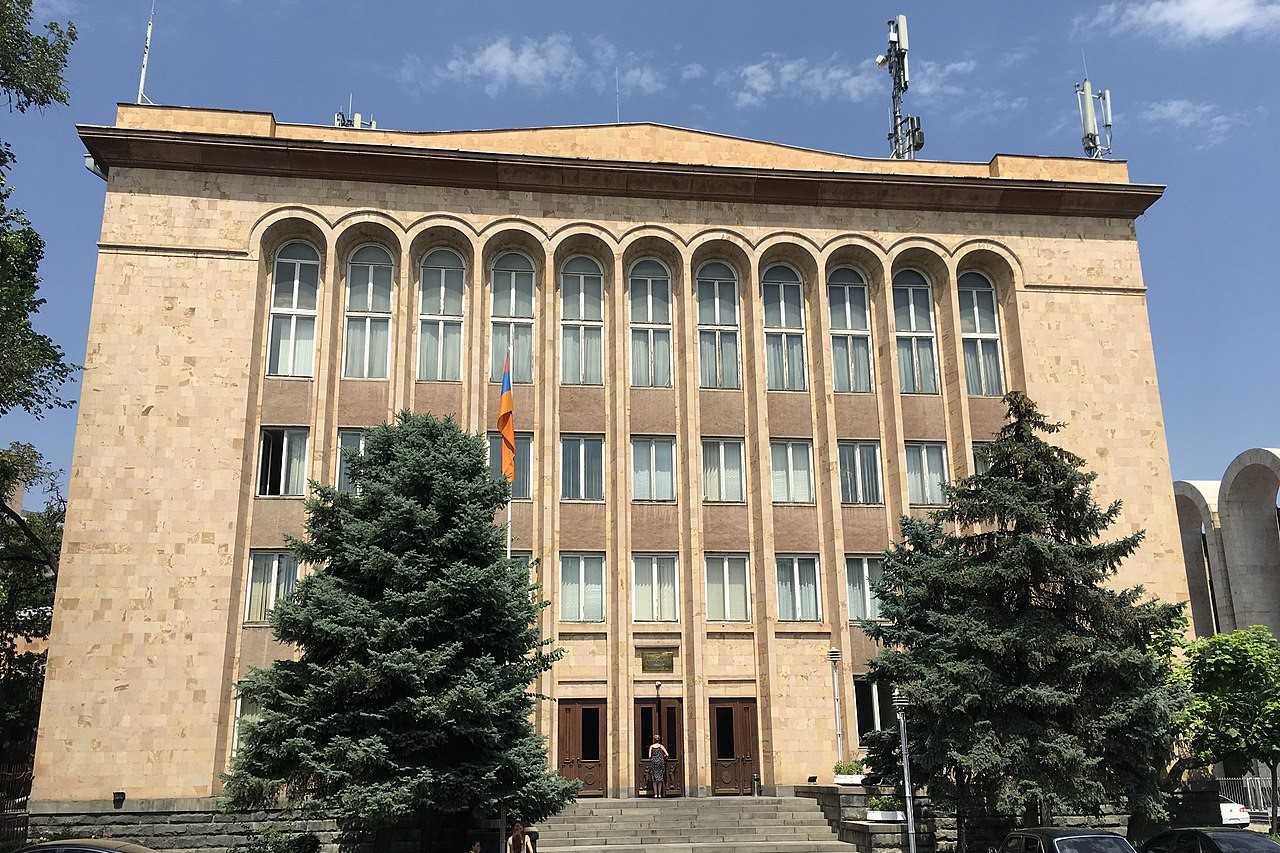
Amidst ongoing opposition protests, Armenia’s Prime Minister Nikol Pashinyan announced that his government intends to hold elections in 2021.
The Armenian Prime Minister stated in a Facebook post, that the date of the extraordinary parliamentary elections will be set following consultations with opposition forces both inside and outside of the parliament.
Political tensions are high in Armenia following the 44-day war in Nagorno-Karabakh.
An opposition group comprising of 16 political parties, including the former ruling Republican Party and their coalition partners, the Armenian Revolutionary Federation, has staged constant protests since the signing of the tri-lateral peace declaration, calling for Nikol Pashinyan to resign. They have put forward their candidate for an alternative prime minister — the former prime minister and minister of defence Vazgen Manukyan, who they state should lead a transitional government.
Calls for Pashinyan’s resignation have also come from Church officials, ex-generals, and former members of the Pashinyan administration and civil service.
In the last week, protests, several thousands strong have rocked Yerevan and sporadic acts of civil disobedience led to road closures in the capital, the barricading of government buildings, and occasionally violent clashes with police. At present, a small daily sit-in of several dozen opposition activists is taking place in Yerevan’s Republic Square. The protesters say they will not leave until Pashinyan resigns.
Pashinyan meets the public
On 19 December, a three-day mourning period was declared throughout Armenia and Nagorno-Karabakh. To mark the occasion, Pashinyan organised a silent march to Yerablur, Yerevan’s military cemetery.
The march, estimated to be at least 30,000 people, was met by opposition protesters, including the relatives of those killed or missing in action, at the gates to the cemetery who attempted to stop Pashinyan and the procession from entering the cemetery.
A brief clash erupted between marchers, protesters, and the police as shouts of ‘Nikol, prime minister!’ and ‘Nikol, traitor!’ were exchanged. Despite the scuffle, Pashinyan and the marchers managed to enter the cemetery.
On 20 December, tensions were high in Armenia’s southern province of Syunik. Border demarcation issues have caused fears by residents that portions of Armenian villages may fall under Azerbaijani control. There are additional fears that the main highway to Southern Armenia, is no longer safe as it appears to weave in and out of Armenian territory.
Pashinyan had planned to visit the province to address the residents’ concerns, but was met with a very cold reception. Residents tried to block Pashinyan’s motorcade from entering the province and clashes broke out with police. The mayor of Goris, the second largest town in the province, was also arrested on suspicion for organising an illegal rally.
The charge was dropped shortly thereafter.
Pashinyan cut his trip short after visiting only one town, stating that he did not want ‘to use force, especially during the days of mourning.’
Concerns around security issues in Syunik are still ongoing. During a government session on 24 December, Pashinyan stated that there are two villages, Shurnukh and Vorotan, which ‘may be problematic’.
‘The outcome could be painful, but the government is ready to provide compensation to the citizens and their interests will be protected,’ he stated.








